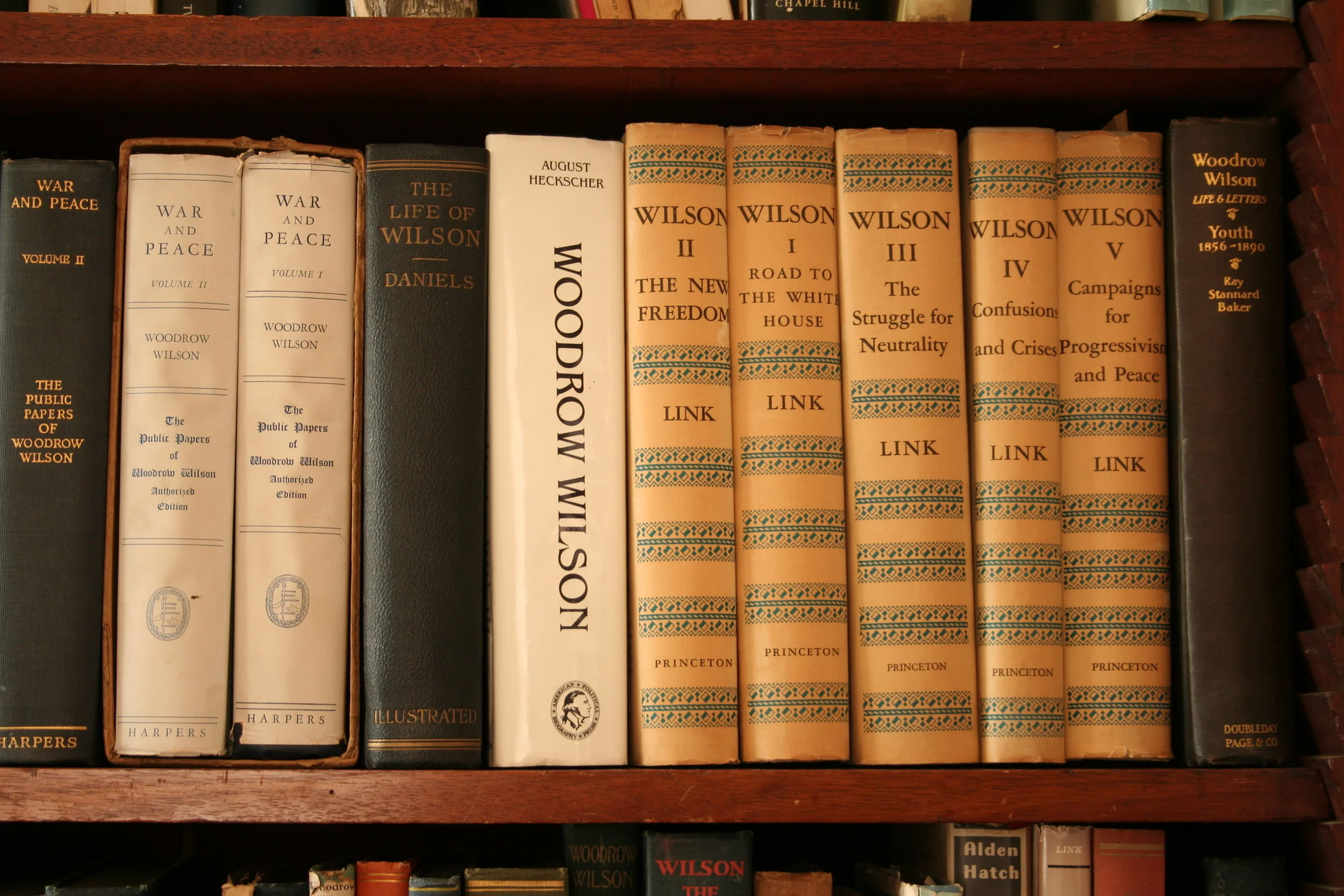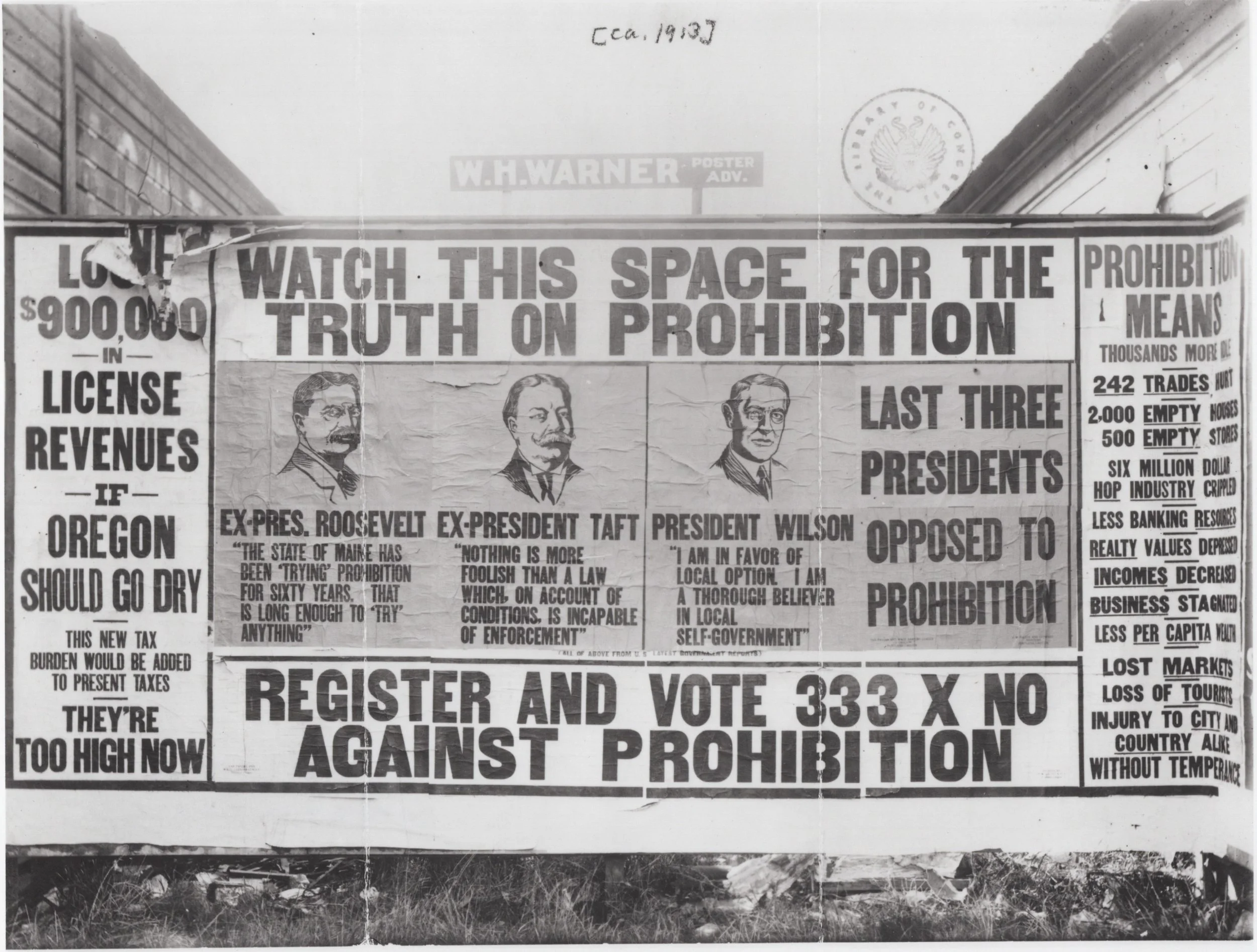The Bruising Battle
/After returning from the Paris Peace Conference, Woodrow Wilson was determined to see the United States join the League of Nations, as he told the members of Congress. Still, many American politicians were unsure of whether entry into the League would be good for the United States. In order to fight for ratification, Wilson began a public speaking tour of the country in order to convince the American people to sway their senators in support of his plan.
Read More







